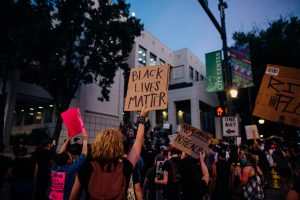In the landmark decision of Students For Fair Admissions, Inc., the Supreme Court has ruled against the race-conscious admissions programs at Harvard University and the University of North Carolina (UNC). Chief Justice John G. Roberts Jr., writing for the 6-3 majority, declared that these programs were unconstitutional due to their negative use of race and involvement of racial stereotyping. Here, our Anaheim employment lawyers provides a legal analysis of the Supreme Court’s decision, highlighting its impact on both public and private institutions and discussing its potential implications in the employment arena.
The Application of the Ruling to UNC and Harvard:
The Supreme Court’s ruling applies to both UNC, a public institution, and Harvard, a private institution. UNC was subject to the ruling due to its status as a state-owned entity, as public institutions are bound by constitutional restrictions. In the case of Harvard, the Court determined that despite being a private institution, it accepted federal funding and agreed to be treated similarly to a state actor in matters related to admissions. This decision sets a precedent that private institutions receiving federal funding can be subject to constitutional scrutiny, including in matters involving affirmative action.
 Orange County Employment Lawyers Blog
Orange County Employment Lawyers Blog










